The Journey Behind The Eastern Edit | Empowering Artisans, One Handcrafted Piece at a Time
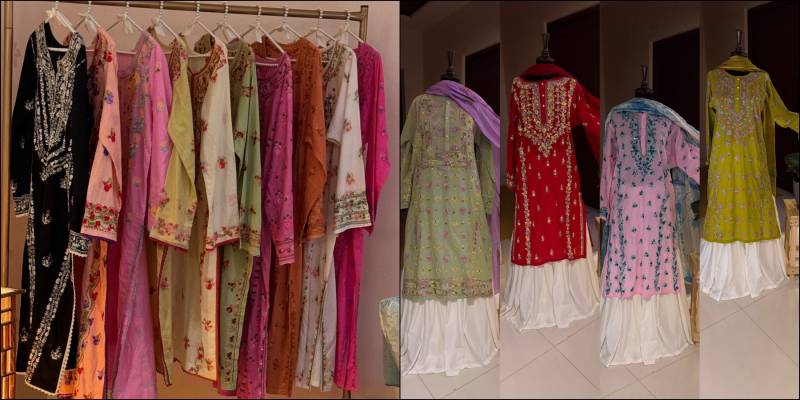
In this interview, we sit down with the visionary behind The Eastern Edit PK, a brand dedicated to supporting artisans and showcasing the rich craftsmanship of Pakistan. With a focus on ethical fashion, sustainability, and fair wages, the brand is not only making waves in the industry but also transforming lives. We dive into the founder’s inspirations, challenges, and the emotional journey of building a business with a strong social impact.
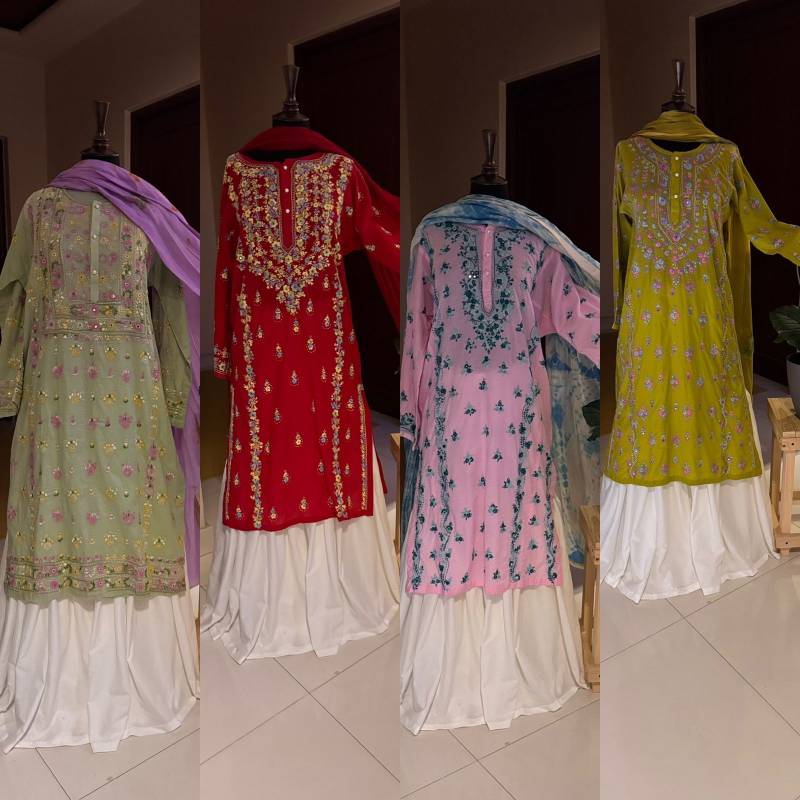
1. Hello! It’s a pleasure to have you here. Could you tell us a bit about yourself? What was the turning point for you that made you realize you had to start The Eastern Edit?
Thank you, Hello Pakistan, for having me! After experiencing multiple setbacks and driven by a desire to create meaningful change in my country, I always felt a strong urge to start something that could positively impact people’s lives. The turning point for starting The Eastern Edit came when I met a talented artisan from South Punjab, struggling to make a decent living from her beautiful work, earning only a small profit. It was a moment of realization for me—there was a gap that needed to be filled. I wanted to not only help uplift her but also showcase the incredible craftsmanship of artisans like her to a wider audience. That’s when I knew I had to start The Eastern Edit, a brand that would empower local artisans and preserve their rich traditions.
2. How do you balance keeping prices low while ensuring fair compensation for the artisans you work with?
Balancing affordable prices with fair compensation for our artisans is a core value at The Eastern Edit. We focus on ethical pricing by cutting out unnecessary middlemen and maintaining direct relationships with our artisans. This way, we ensure they receive a fair wage for their craftsmanship while keeping costs reasonable for our customers. Additionally, we have now strictly started prioritising quality over quantity, creating limited, high-value collections that allow us to support fair labour practices without compromising on affordability.
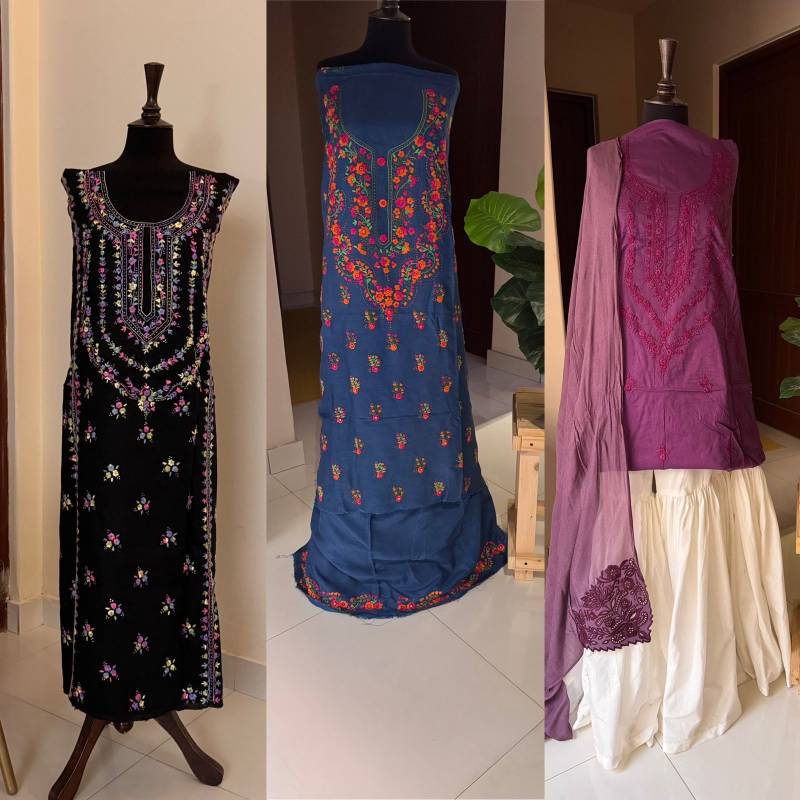
3. What advice would you give to someone looking to start a business with a social impact focus, especially in Pakistan?
For anyone looking to start a business with a social impact focus in Pakistan, my advice would be to stay deeply connected to your mission. Understand the community you want to help and build genuine relationships with them. Patience is key—change takes time, and the road may be challenging, but the impact is worth it. Focus on quality, not just profits, and prioritise the people you aim to uplift. Lastly, be transparent with your customers; they will appreciate knowing their purchase is making a real difference.
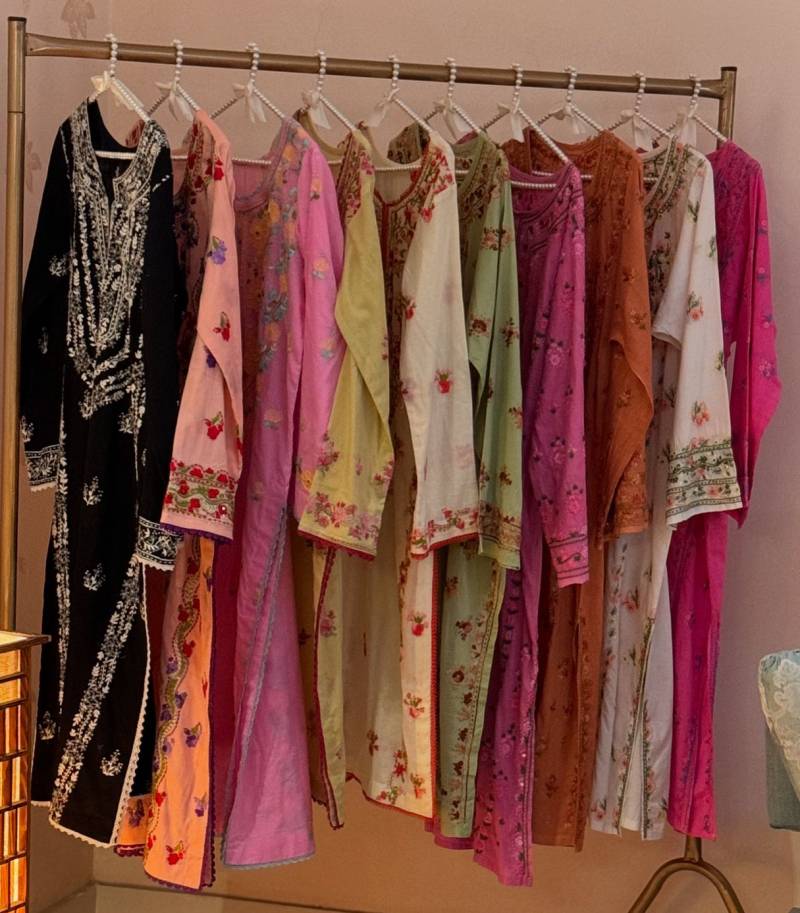
4. What has been the most challenging aspect of building trust with your artisans and customers?
The most challenging aspect of building trust with both artisans and customers has been managing expectations while ensuring transparency. With artisans, it was important to establish a fair and consistent relationship, showing them that their work is valued and fairly compensated. On the customer side, conveying the authenticity and quality behind handcrafted pieces, while competing with mass-produced alternatives, required and still requires a lot of time and education. Trust was built through open communication, delivering on promises, and showcasing the stories behind each creation, proving the value in supporting slow, ethical fashion.
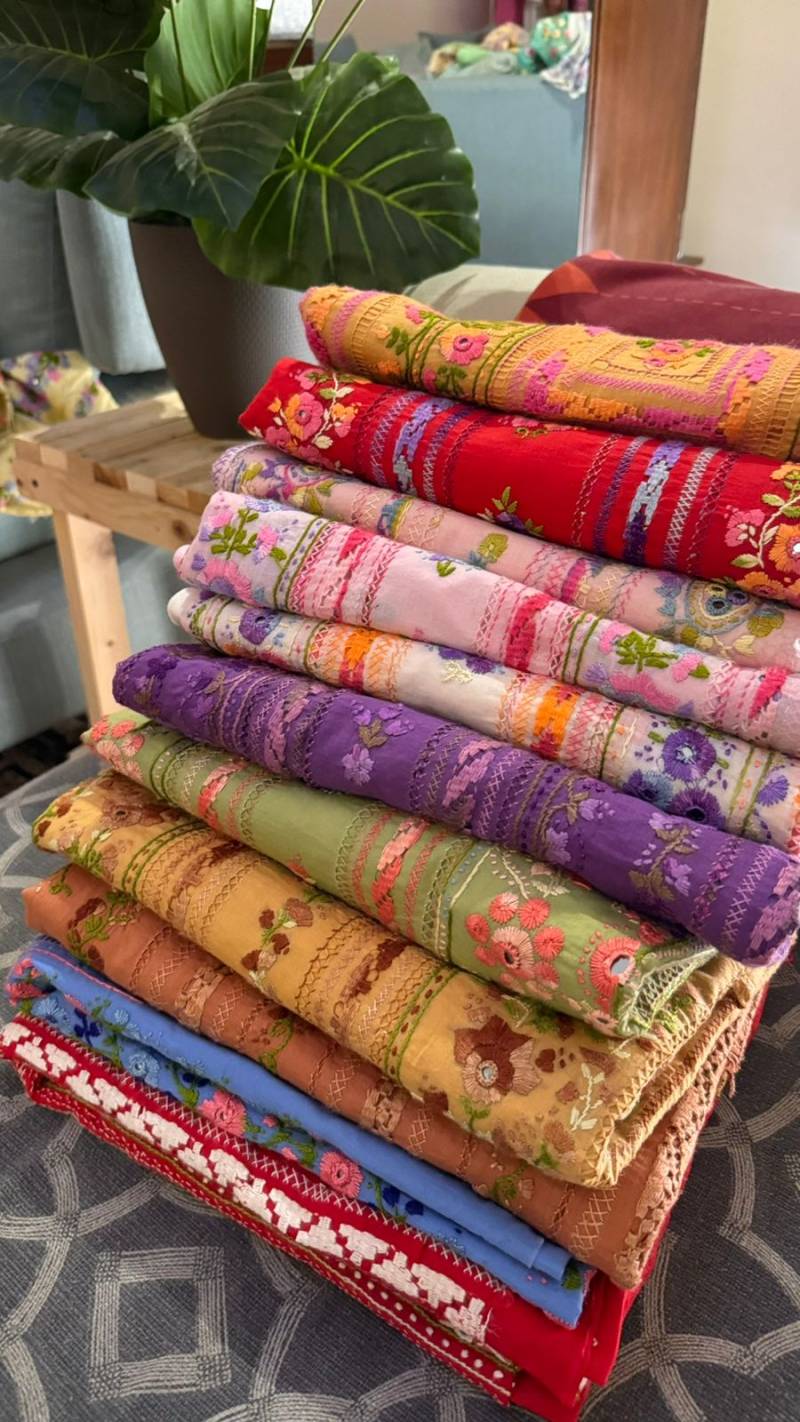
5. How do you navigate the tension between sustaining your business and maintaining a strong social impact?
Navigating the balance between sustaining my business and maintaining a strong social impact requires constant alignment with my core values. I focus on long-term growth rather than quick profits, making decisions that support both the artisans and the business’s sustainability. This means sometimes prioritising ethical practices over short-term gains, but I’ve found that customers resonate with a mission-driven brand. By creating high-quality, limited collections and building genuine connections with our audience, I’m able to sustain the business while ensuring our social impact remains at the heart of everyt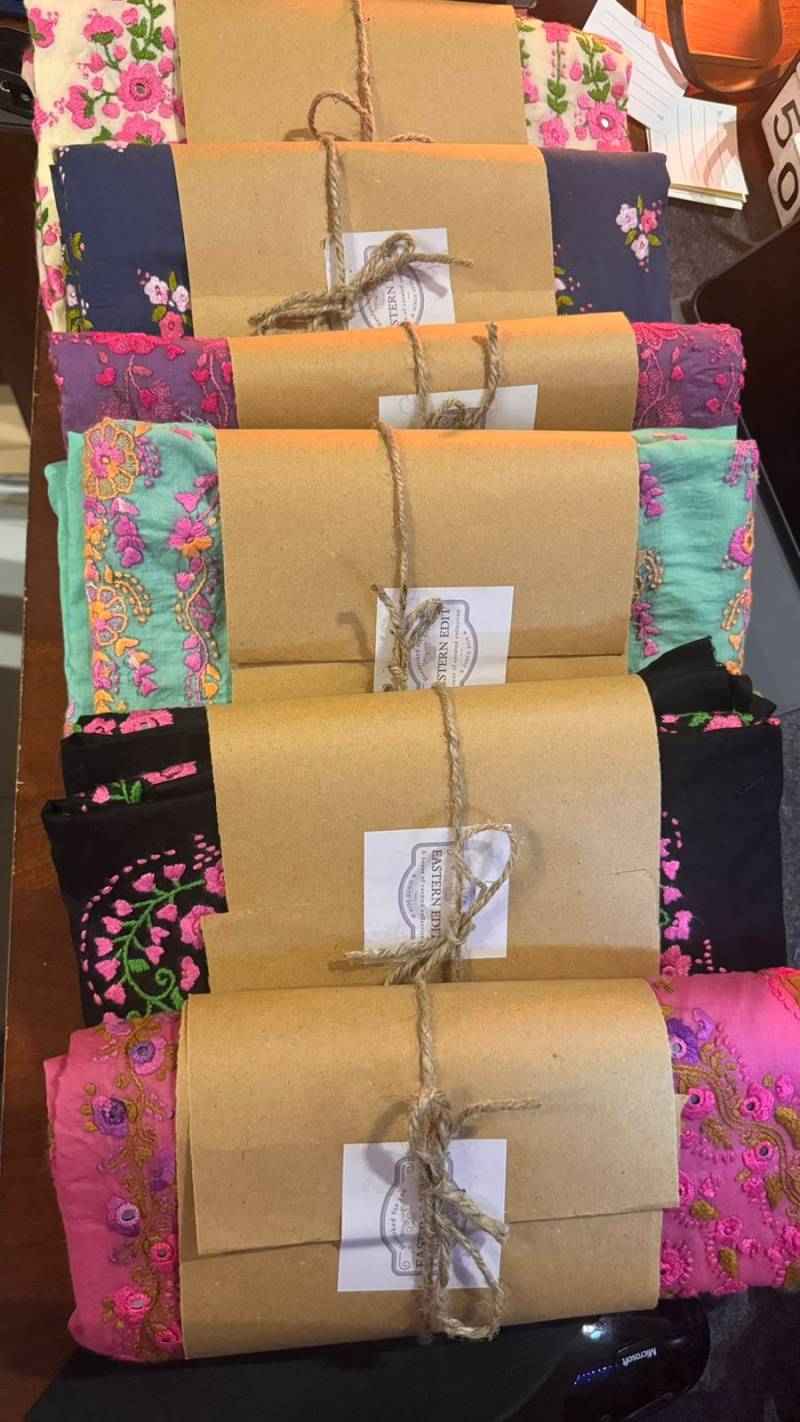 hing we do.
hing we do.
6. What strategies do you employ to differentiate The Eastern Edit in a saturated market where fast fashion dominates?
To differentiate The Eastern Edit in a fast fashion-dominated market, I focus on authenticity and craftsmanship. Every piece in our collection is hand-embroidered by skilled artisans, ensuring that each collection tells a unique story. We emphasise slow fashion, offering limited-edition collections that prioritise quality over quantity. Transparency is another key strategy—we openly share the process behind our products, highlighting the artisans and the traditional techniques they use. By creating meaningful connections with customers and promoting ethical, sustainable fashion, we stand apart from mass-produced, fast fashion alternatives.
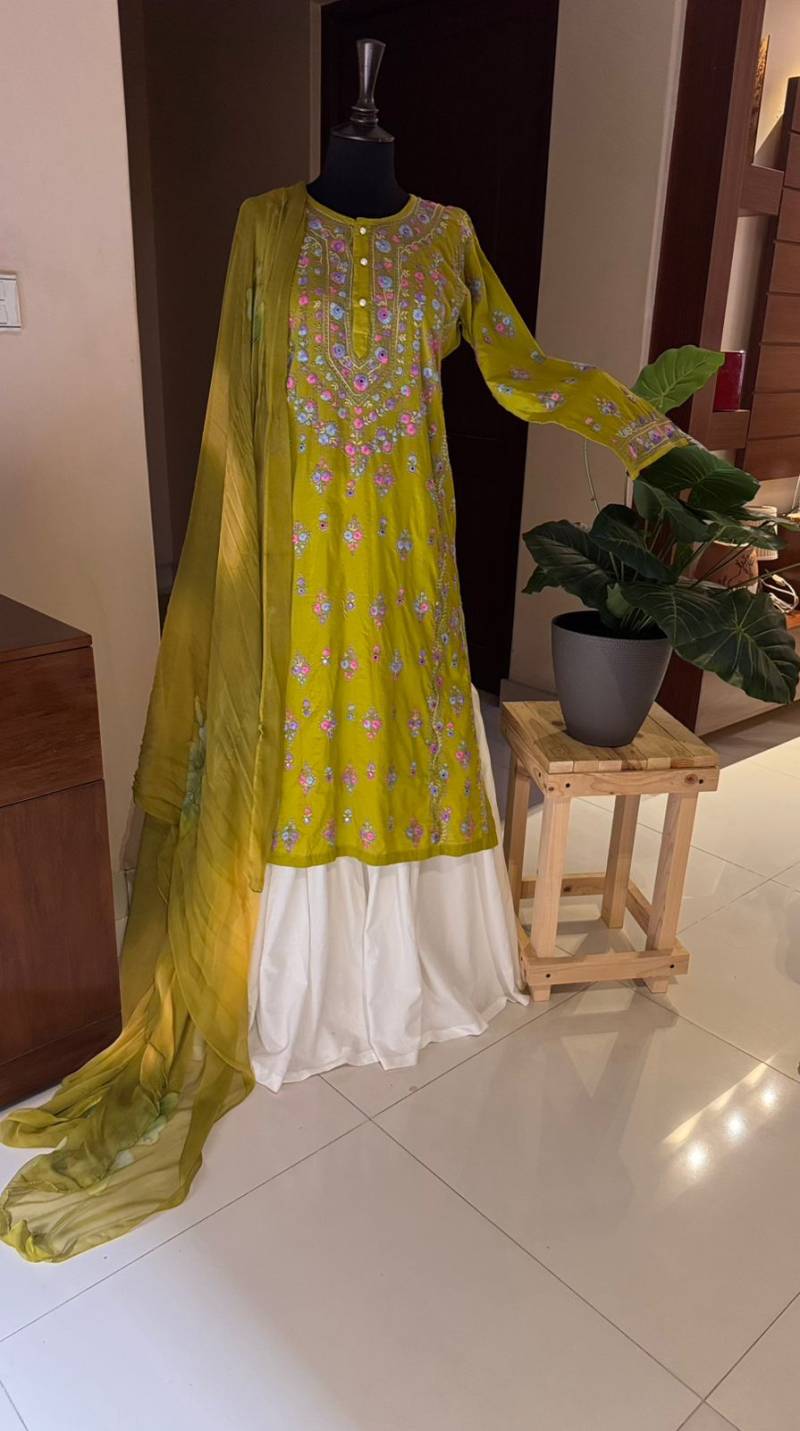
7. How do you ensure that your artisans maintain creative control over their work while still aligning with market trends?
I ensure that our artisans maintain creative control by fostering a collaborative process. We work together to blend their traditional techniques and personal artistry with market trends, allowing their unique craftsmanship to shine through. Rather than dictating designs, I provide insights into current fashion preferences and guide them on incorporating contemporary elements. This way, they feel empowered to innovate while staying true to their heritage. The result is a collection that is both trend-conscious and deeply rooted in authenticity, with each artisan’s creativity intact.
8. Can you describe the emotional journey of seeing your brand gain recognition while knowing it supports lives in tangible ways?
The emotional journey of seeing The Eastern Edit gain recognition has been incredibly fulfilling and humbling. Watching the brand grow, knowing that every sale directly supports the artisans and their families, fills me with a deep sense of purpose. It’s not just about building a successful business; it’s about seeing lives improve in tangible ways—helping artisans gain financial stability and pride in their work. Every milestone, whether it’s a feature, a new customer, or positive feedback, brings a wave of gratitude, reminding me why I started this journey in the first place.
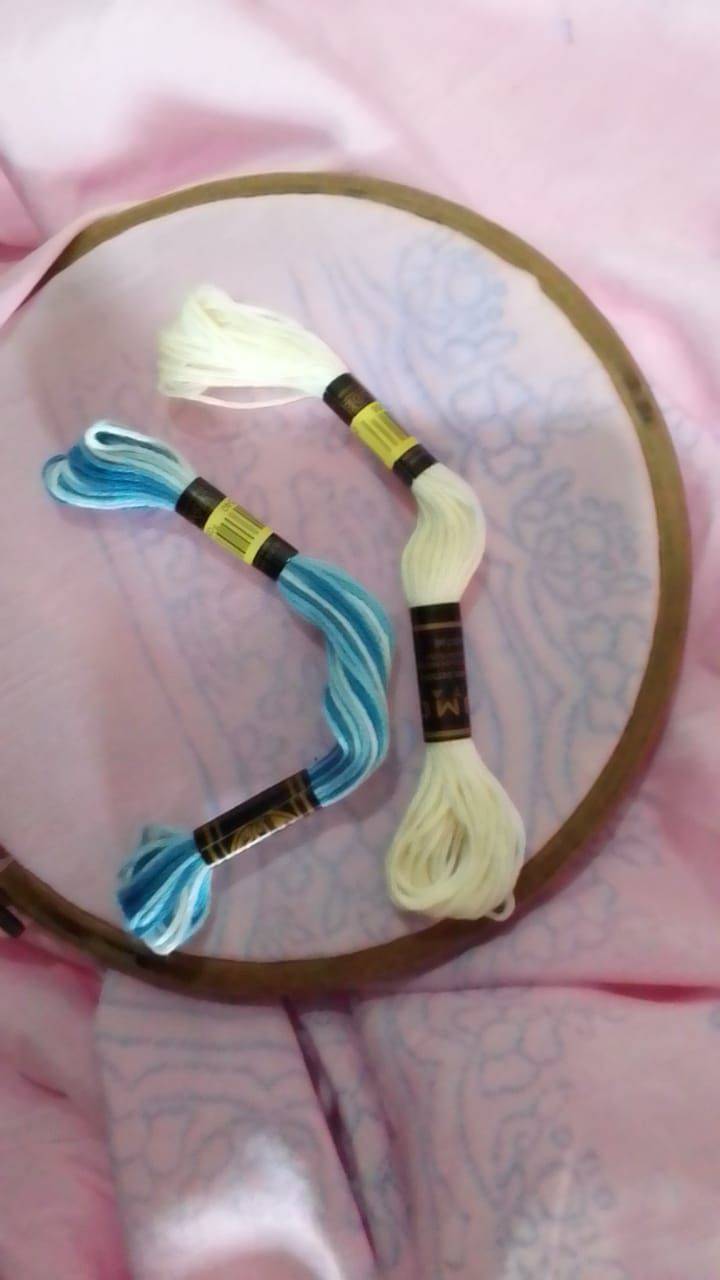
9. What do you believe are the key misconceptions people have about ethical fashion, and how does your brand challenge those views?
One key misconception about ethical fashion is that it’s either too expensive or lacks style compared to fast fashion. Many believe that ethical choices come with a compromise in design or accessibility. At The Eastern Edit, we challenge these views by offering affordable, stylish pieces that are handcrafted with care. Another misconception is that ethical fashion can’t scale or compete in a saturated market. We prove that by supporting artisans, maintaining fair prices, and promoting quality over quantity, ethical fashion can be both sustainable and successful without sacrificing aesthetics or impact.
10. What role do you believe social media has played in amplifying the voices of marginalised artisans?
Social media has played a transformative role in amplifying the voices of marginalised artisans by giving them direct access to a global audience. It allows us to share their stories, showcase their craftsmanship, and highlight the cultural heritage behind each piece. Platforms like Instagram and Facebook enable artisans to gain visibility that would have been difficult through traditional means. For The Eastern Edit, social media has been instrumental in connecting our artisans with customers who value authenticity and craftsmanship, creating a space where their work can be celebrated and appreciated on a much larger scale.
